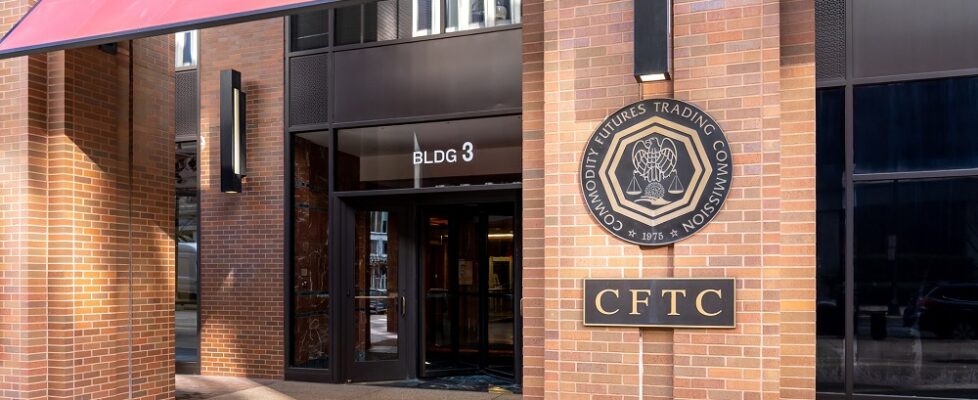CFTC secures Court order against Sam Ikkurty, Jafia, Ikkurty Capital in Ponzi scheme case
The Commodity Futures Trading Commission (CFTC) today announced Judge Mary Rowland of the Illinois Northern District Court entered an order granting summary judgment to the CFTC on all counts of its complaint.
Judge Rowland also ordered more than $83.7 million in restitution and $36.9 million in disgorgement jointly and severally against Sam Ikkurty of Oregon and Jafia, LLC, Ikkurty Capital, LLC d/b/a Rose City Income Fund I, Rose City Income Fund II, and Seneca Ventures, LLC (defendants).
In addition, the summary judgment order also found the defendants misappropriated funds through a carbon offset program.
The order finds Ikkurty and the defendants committed all alleged violations of the Commodity Exchange Act (CEA) and CFTC regulations, including fraud and failure to register. Judge Rowland also found the defendants operated as “a classic Ponzi scheme,” including in connection with the defendants’ carbon offset program.
The CFTC will seek injunctive relief and a civil monetary penalty.
The summary judgment order finds Ikkurty recruited participants to his funds through webinars and trade shows by promising participants they would earn a steady distribution of 15% income per year of supposed “net profits” through investments in digital asset commodities such as Bitcoin and Ethereum, and commodity interests. Ikkurty touted the purported success of his prior fund to lure new participants to invest.
Ikkurty assured prospective participants he invested in “stable” digital assets. Ikkurty also gained participants’ confidence by repeatedly telling stories of his personal success investing in and trading digital assets.
Few of Ikkurty’s statements were true. In reality, per the summary judgment order, Ikkurty did not return any net profits to participants, and instead “ran something akin to a Ponzi scheme.”
Citing the CFTC investigator’s testimony, Judge Rowland found Ikkurty’s marketing materials misstated his fund’s historical performance and omitted the fact that the fund fell in value by 98.99% over a period of a few months. Also, the order finds Ikkurty invested in unstable digital asset commodities, some related to carbon offsets, and his actual experience with digital assets consisted of losing his personal Bitcoins to a hack.
Notably, in addition to the misrepresentations, the summary judgment order also finds the defendants misappropriated funds through a carbon offset program. The defendants raised funds by selling products that were purportedly backed by digital assets related to carbon offsets. But instead of actually obtaining the promised collateral, the defendants transferred much of the funds to earlier investors in their other fund to allow them to avoid losses.
According to the order, this resulted in a shortfall of more than $20 million for the carbon offset program participants. The order describes this series of events as “a classic Ponzi move.”
In addition to committing fraud, the order also finds the defendants failed to register with the CFTC as commodity pool operators.
Additionally, the order finds not only are Bitcoin and Ethereum commodities within the CFTC’s jurisdiction, but also “OHM and Klima, two non-Bitcoin virtual currencies … qualify as commodities,” noting those virtual currencies fall into the same general class as Bitcoin, on which there is regulated futures trading.
The CFTC cautions that orders requiring repayment of funds to victims may not always result in the recovery of lost money because the wrongdoers may not have sufficient funds or assets.




